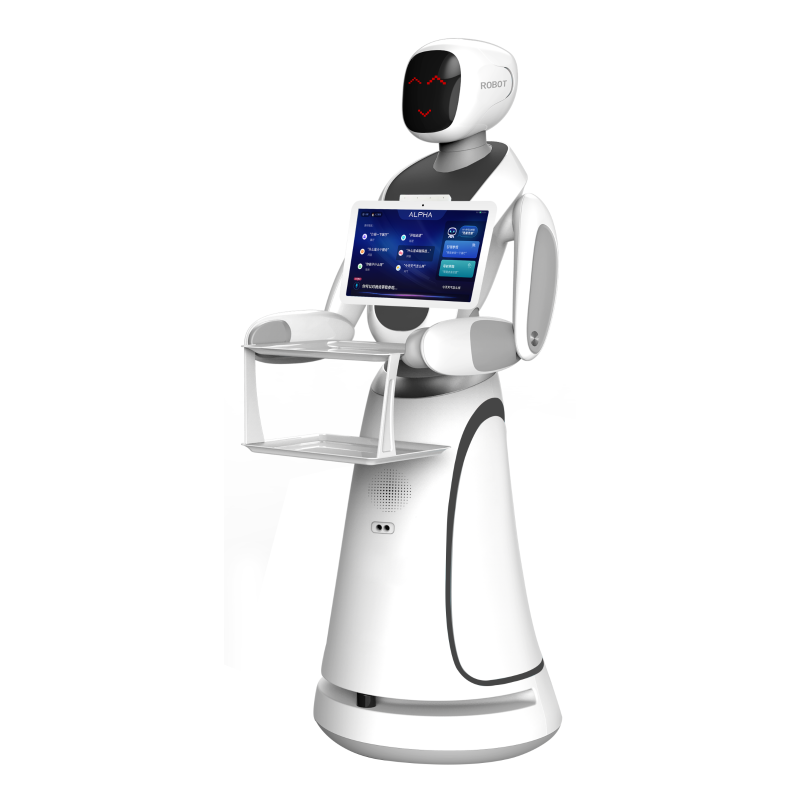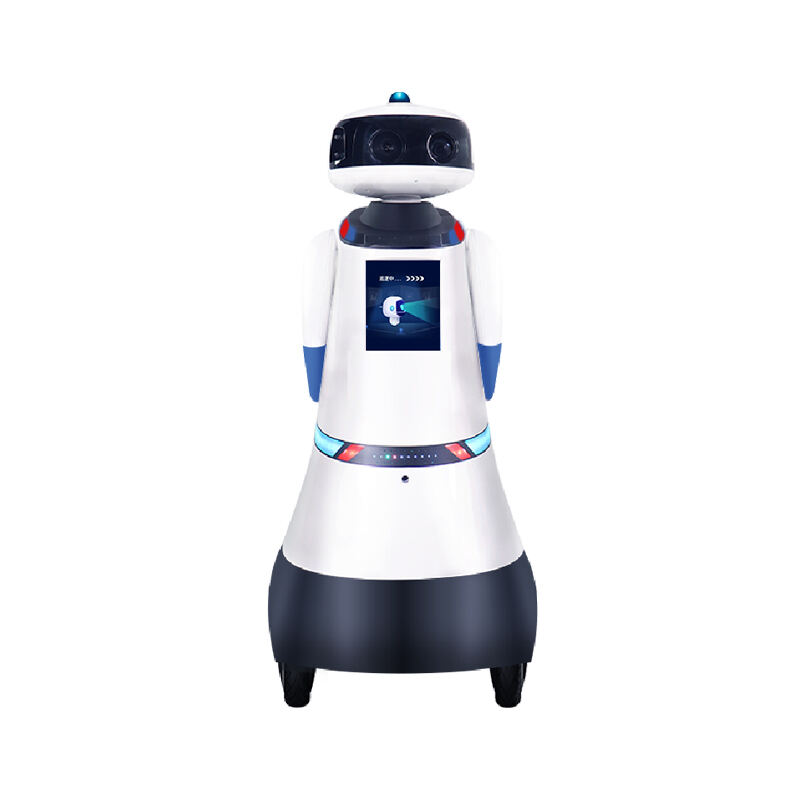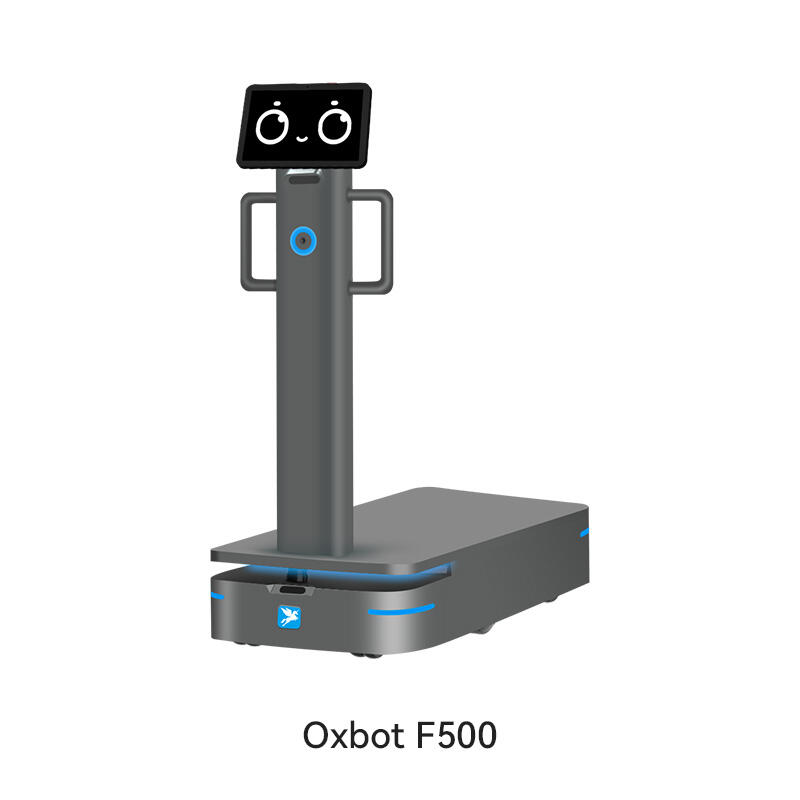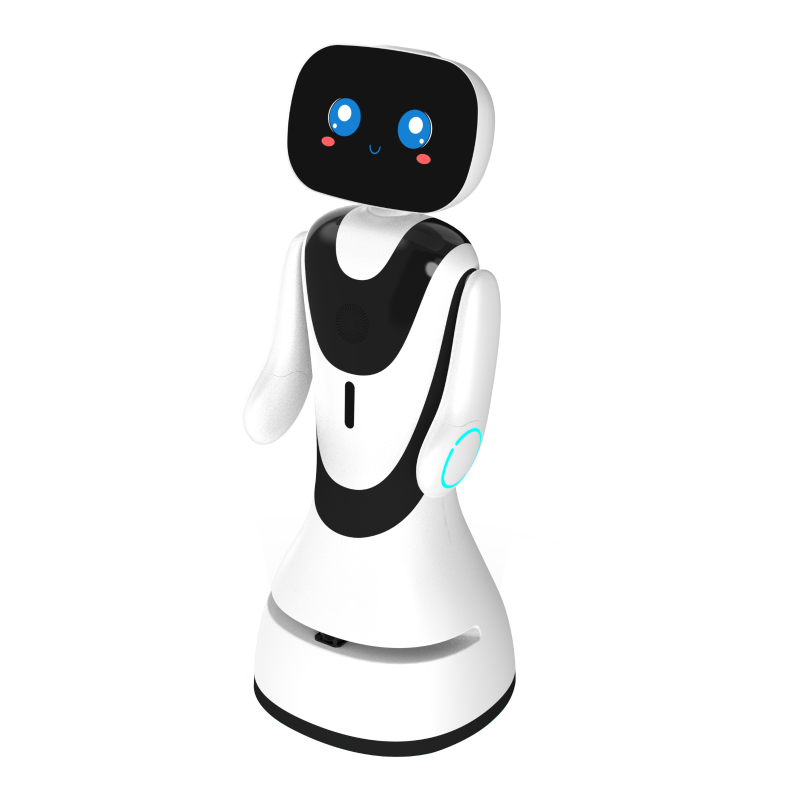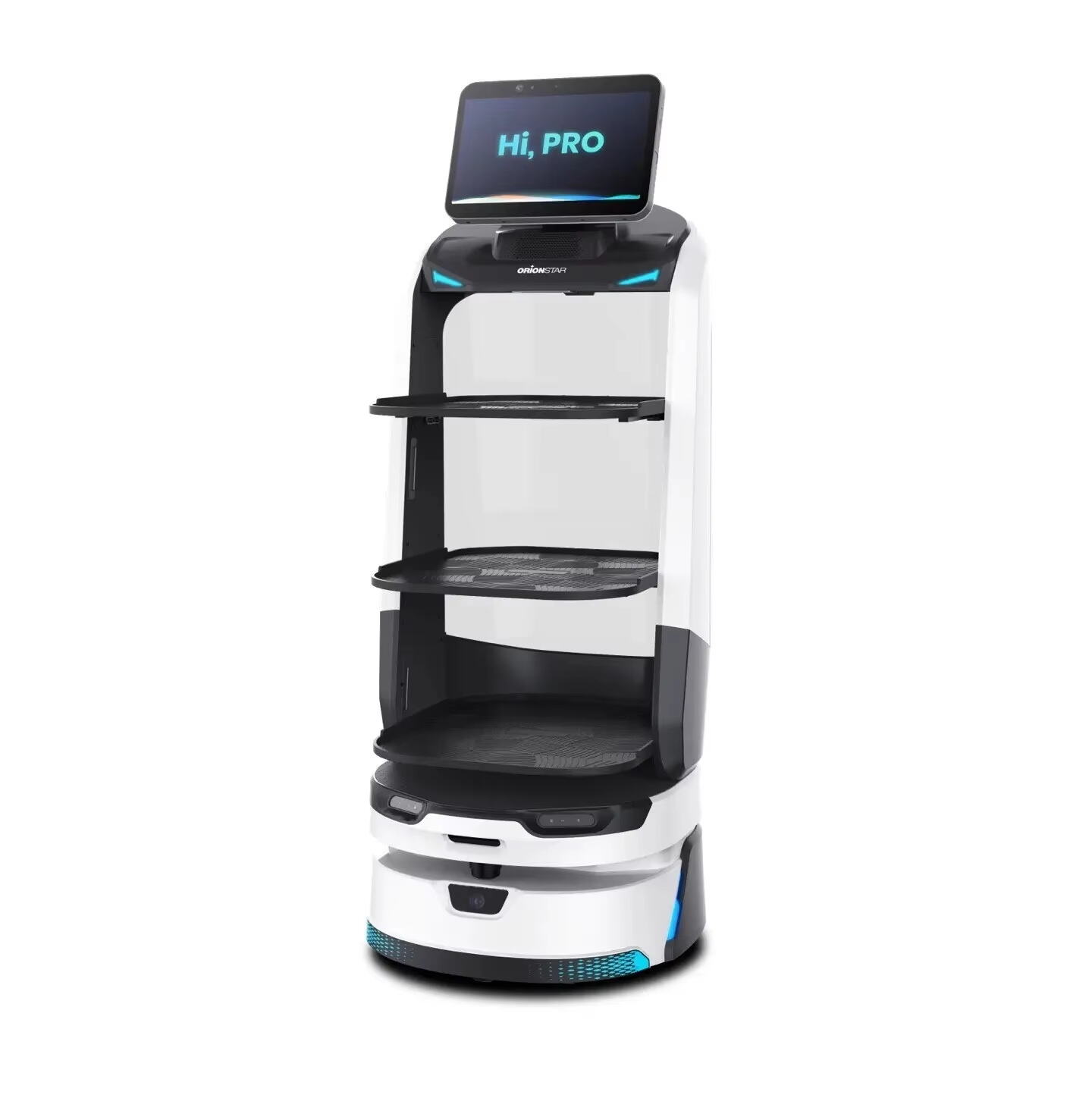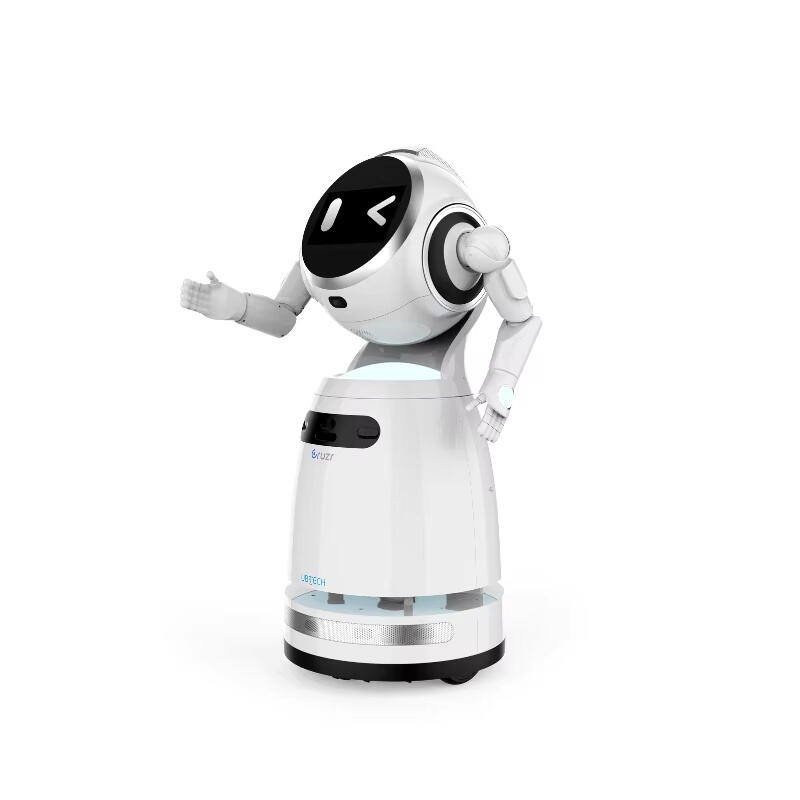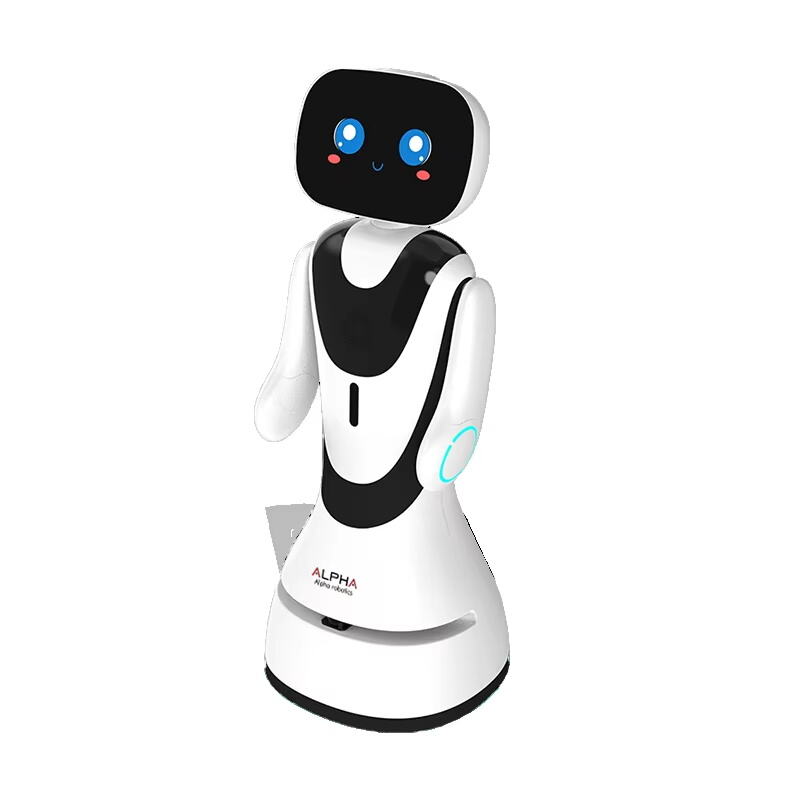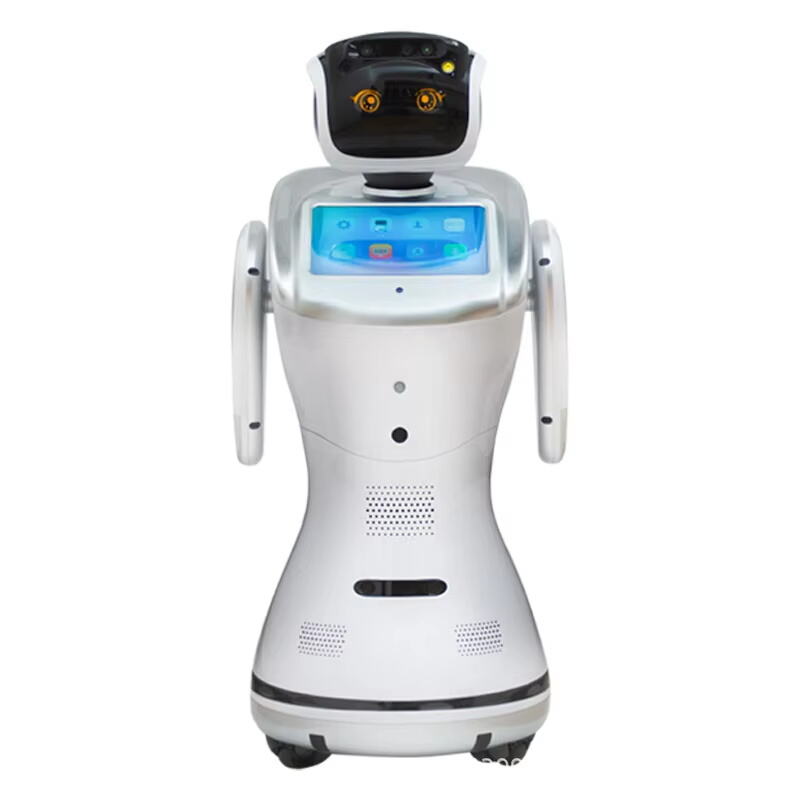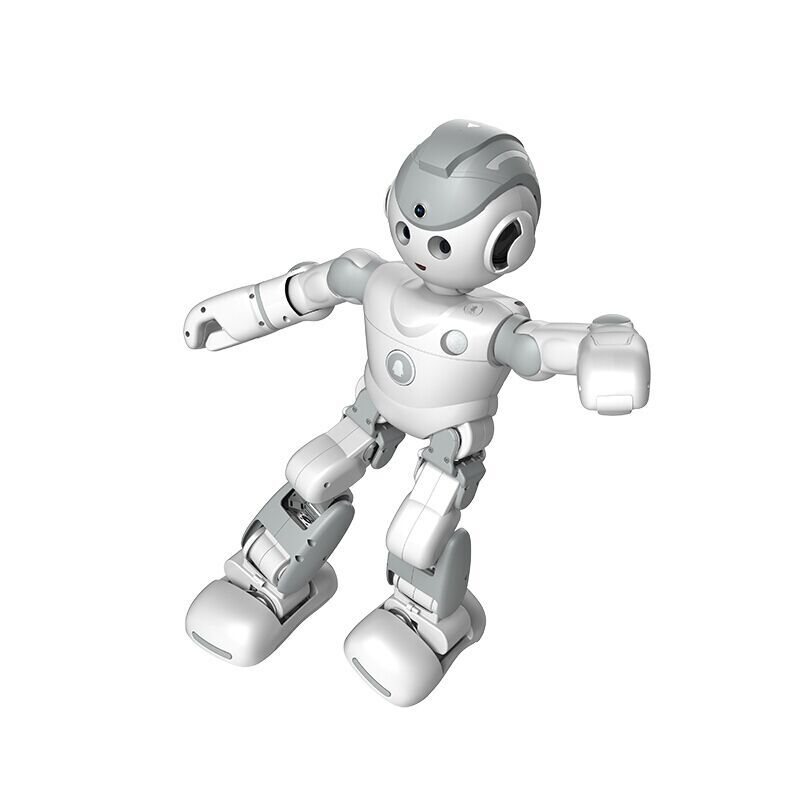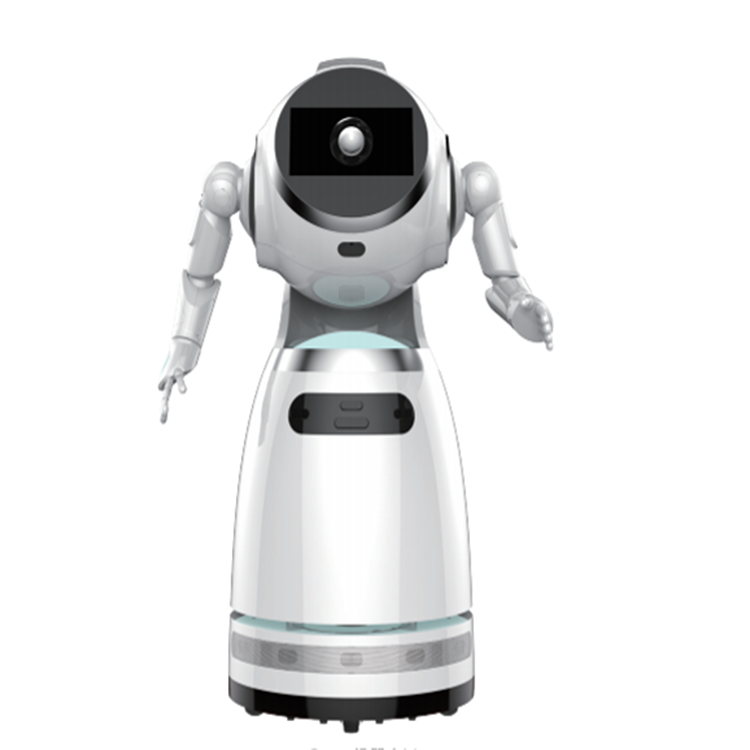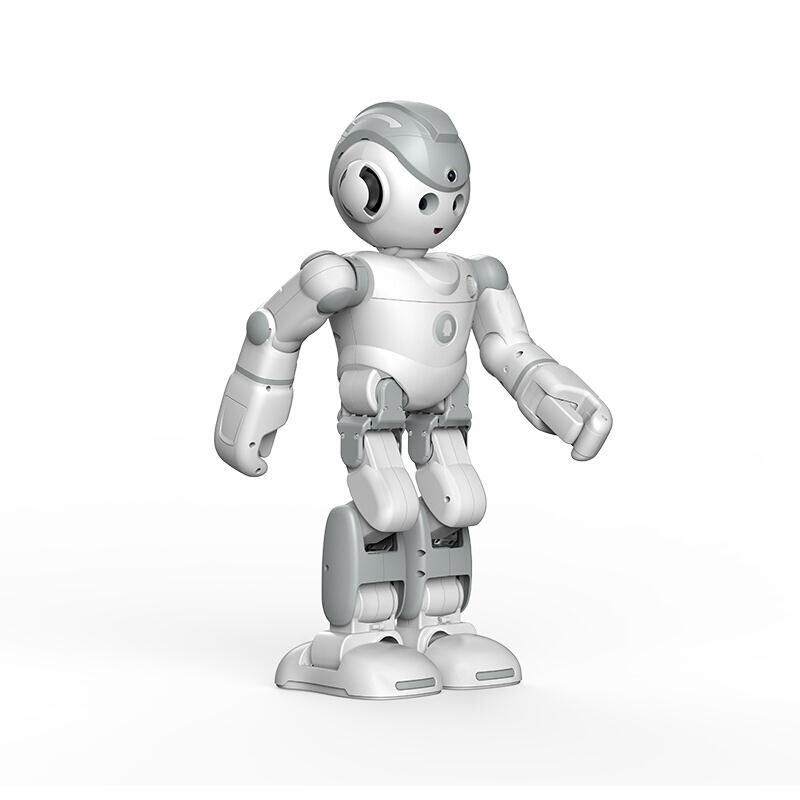explain intelligent robots
Intelligent robots represent a revolutionary advancement in automation technology, combining artificial intelligence, sophisticated sensors, and advanced mechanical engineering. These robots are equipped with state-of-the-art processors that enable them to perceive their environment, make autonomous decisions, and adapt to changing conditions in real-time. They utilize machine learning algorithms to continuously improve their performance and accuracy while executing tasks. The primary functions include complex task automation, data collection and analysis, and interactive human-robot collaboration. Their technological features encompass advanced vision systems, tactile sensors, natural language processing capabilities, and precision control mechanisms. Applications span across multiple industries, from manufacturing where they handle intricate assembly processes to healthcare where they assist in surgical procedures. In logistics, they optimize warehouse operations through intelligent navigation and inventory management. These robots also find applications in education, research, and development, where they serve as platforms for testing new algorithms and methodologies. The integration of IoT capabilities allows them to communicate with other smart devices and systems, creating a connected ecosystem that enhances overall operational efficiency. Their adaptive nature enables them to operate in dynamic environments, making them invaluable tools for businesses seeking to modernize their operations and maintain competitive advantage in an increasingly automated world.

